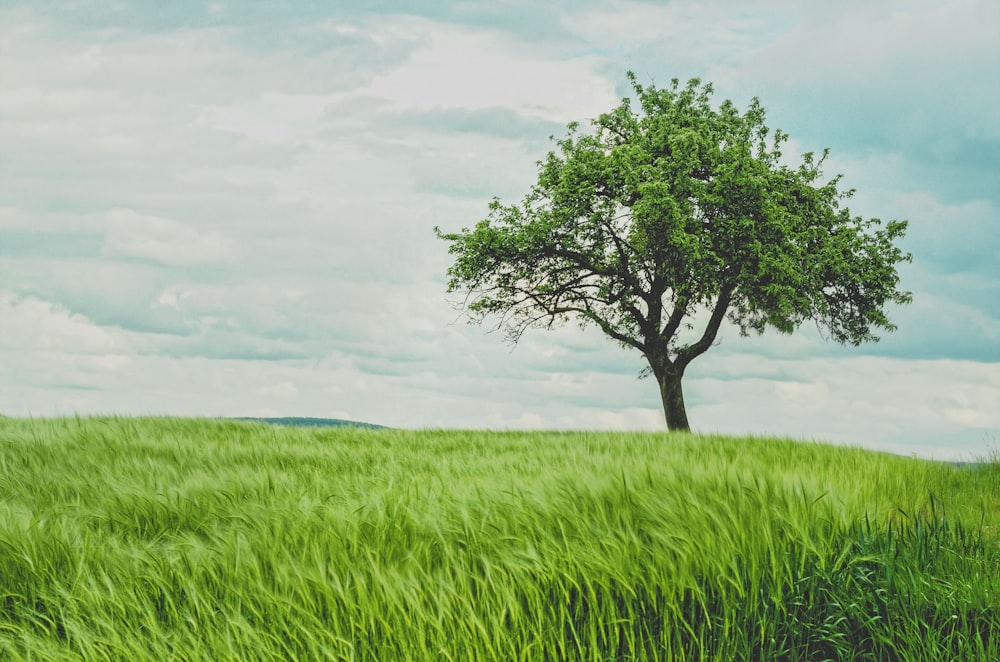Sustainable Living: How To Do It Right

Consumption goes beyond being a basic necessity and aspect of the human experience. Especially since the twentieth century, consumption has become an essential part of cultural and social life. But we no longer consume things for their true use-value. A t-shirt with a logo is no longer just a piece of clothing. Las Vegas is no longer just a holiday destination. Biodegradable bamboo straws are no longer just a tool to enhance your drinking experience.
Consumption is no longer just the acquisition of goods and services - it has been replaced by the modern way of life, consumerism.
The recent push for “going green” and pursuing sustainable living ethics has rapidly taken over many of our lifestyles and ways of thinking about consumption. Looking for that green label, non-plastic packaging, ethical, sustainable, and eco friendly products to replace our regular forms of consumption have been habits many of us have picked up.
But when it comes to caring for the environment, is our idea “going green” really the right way to go about it?
Through sociological thought, this post questions the popular idea of “going green” and explores what it means to truly engage in sustainable living. We depart from the definition of consumerism and our attribution of symbolic value to material objects. Then, we suggest how going green and sustainable living have been cleverly marketed to hook a large part of the population, and how this might be problematic. In the end, we present more realistic and do-able ways to practice sustainable practices through mindful consumption.
What Is Consumerism?
Differently to consumption, Professor of Sociology Barry Smart explains consumerism as being driven by the “pursuit, possession, rapid displacement and replacement of a seemingly inexhaustible supply of things” (2010:5) - otherwise thought about as the perceived representation of status through the acquisition of material things. Historically, the meaning of consumption has morphed into something that screams pleasure, power, and freedom; rather than being something by which we achieve an end, to being and end itself.
Here is why this happens.
Through year and years of marketing and advertising, consumption has become incredibly heavy with social significance and symbolic meaning. Like sociology scholar Bauman (1998) explains, the construction of our identities and ideas of status have become complicatedly intertwined with consumption, rather than our work, values, and beliefs.
We’ve seen it before - whether it’s by stereotypes or not, we can probably get a pretty good picture of someone’s personality by getting a glimpse of their outfit. Isn’t it? We tend to define ourselves through the clothes we wear, the type of entertainment we consume, the food we eat, and even on the side of ourselves we want to portray to others upon the consumption of our profiles on social media.
All of this for the relentless pursuit of individualization and desire of standing out.
Ironically, in an attempt to meet the socially constructed requirements of fulfilling a certain image, we all tend to fall in a paradoxical cycle of the consumerist trap. In the search for distinction, we all end up wearing somewhat of the same uniform that encourages us to consume more, and so on.
As you may be well aware, the consequences of our over consumerist tendencies have resulted in a tremendous production of waste and pollution
At the same time, we see more businesses stirring into eco-friendly and sustainable directions, offering a wide range of green alternatives. For example, cafés offering FairTrade coffee, fast fashion brands supplying eco-conscious collections, and increases in ecotourism and voluntourism.

Going Green: The Flipside
In response to the environmental impact of over-consumerism, green consumerism and green practices promote the idea that switching to eco-friendly products is a form of ‘clever activism’ towards protecting the environment that still matches the requirements of the system of economic growth that supports our entire lives. “Going green” may imply starting to use reusable bags, investing in recycled clothing and zero-waste bath and kitchen utensils, or even in a hybrid car.
Going green isn’t an issue. In fact, a sense of responsibility for change is exactly what we need. However, going green does become a problem when its activist power limits itself to only being a form of conspicuous consumption rather than pursuing a larger agenda of more transformative political action.
What we mean by this, is that “going green” purely through consumption loses its potential for change if our carbon emissions continue to rise. It does not work by replacing one type of consumption with another. If we take it one step further, what if going green could save the world? Who would be able to afford it? The answer is probably not so many people.
To reiterate, living sustainable lifestyles is very important for our futures. Our future, in fact, depends on it. So what, then, is the answer?
Sustainable Living: How Can We Do It?
The answer to the above question is very complicated, yet remains imperative to answer it. Completely scrapping consumption out of our lives is rather impossible for a wide range of reasons, including cultural and psychological. On the contrary; objects and items can act as enormous emotional elements in our lives that create excitement, nostalgia, wellbeing, and can even have some sort of positive influence on our self-esteem.
So how can we make both ends meet? As we mentioned before, the answer is long and intricate. But contribution is the following:
Freeing ourselves from the idea that material goods and objects will bring us permanent happiness and security is a priority. Happiness, the sense of fulfillment and personal acceptance comes from within; from a long process of personal growth and development. It cannot be replaced with things.
Once we have overcome this pulsing desire and habit of “consuming to be”, the second step would be to consume less, downshift, and consume mindfully. Ask yourself if you truly want it and why. Don’t ask yourself if you truly need it, because essentially, we don’t really need anything. But the deeper message and understanding of this question is to determine how much it will be used - if it will truly add to your sense of wellbeing if its environmental and social footprint is something you’re willing to make; leading to a form of mindful, sustainable consumption. To make an impact, implementing zero-waste practices and behaviors come first, and adopting the appearance of a green image comes second.
What does this look like? Well, for example, we find Australian company The Other Straw's bamboo straws and toothbrushes to be an incredibly ethical brand that shares the same 3R's philosophy and concerns as us when it comes to sustainability and plastic elimination. While supporting such an inspiring brand like them, it is important to compensate for your consumption with other impactful activities. For example, informing yourself about sustainability laws in your community and participating in discussions, engaging in local green projects, and most importantly, keeping conversations (and actions!) about the urgency for change alive.
It’s important to mention that the perfect environmentally friendly product does not exist. Our fight to a healthier planet is not going to make a true impact by only consuming green products, but simple living is definitely a good start.
Conclusion
Remember that to live happily, you don’t need a lot of things. We strongly encourage you to act sustainability first, reduce and minimize your consumption on items that are truly meaningful, are useful, and add genuine value to your wellbeing. But we also advocate for pursuing (and attaining) true happiness through personal efforts to develop and strengthen your relationships, career goals, and inner emotional health. After all, those are the things that truly matter.






